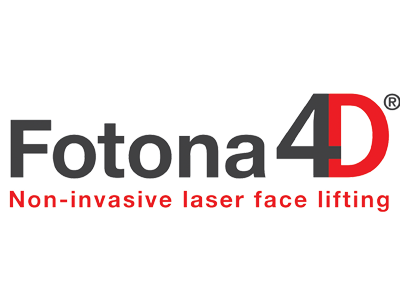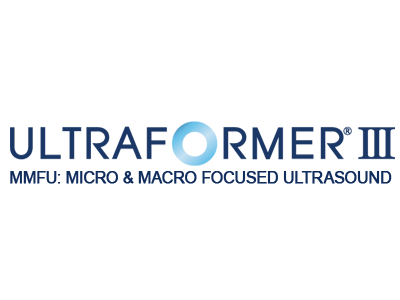Nurturing the baby during puerperium
Puerperium, also known as the postpartum period, is a critical time for new mothers as they adjust to the physical and emotional demands of caring for a baby. That's why we're committed to providing expert care and support to help women navigate this important transition. Our team of dedicated healthcare professionals is here to help new mothers monitor their physical recovery, address any concerns, and ensure a smooth transition to motherhood.
Whether it's through regular check-ups, lactation support, or referrals to specialized services, we're here to help every step of the way. With our comprehensive approach to puerperium care, we're confident that our patients will feel confident and well-supported as they embark on this exciting journey of motherhood.

Types
Immediate puerperium: The first few hours after childbirth, during which the body experiences rapid physiological changes and stabilizes. This is a critical time for monitoring the mother and the newborn for any immediate complications.
Early puerperium: The first 2-3 days after childbirth, during which the mother is monitored for bleeding, infection, and other complications.
Late puerperium: The period from the third day to six to eight weeks after childbirth, during which the body undergoes a gradual return to its pre-pregnancy state. This is a time of physical and emotional recovery, and the mother may experience a range of physical and emotional changes.
It is important to note that the exact duration of puerperium can vary, and some women may experience symptoms for several months after childbirth. The length and intensity of the postpartum period can depend on several factors, including the method of delivery, the overall health of the mother, and the physical and emotional demands of caring for a newborn.

Changes during Puerperium
During puerperium, the following changes occur:
Hormonal changes: Hormonal levels change dramatically as the body adjusts to its new state. This can result in mood swings, fatigue, and changes in the levels of milk production.
Uterine involution: The uterus contracts and decreases in size back to its pre-pregnancy state.
Physical recovery: The body recovers from the physical strain of pregnancy and childbirth, including abdominal muscle repair, healing of the perineum, and resolution of swelling.
Lactation: Milk production starts, which is necessary for breastfeeding.
Emotional changes: New mothers often experience a range of emotions, including joy, happiness, and feelings of overwhelm.
Sleep changes: New mothers may experience disrupted sleep patterns, especially if they are breastfeeding.
Sexual recovery: The body takes time to heal from childbirth, and sexual activity may be restricted for several weeks to several months.
Changes in skin and hair: Hormonal changes can result in changes in skin and hair, including acne and hair loss.
Weight changes: Body weight can fluctuate as the body adjusts to its new state.
Postpartum bleeding: Light bleeding or spotting can occur as the uterus returns to its normal size.
Diagnosis
The diagnosis of puerperium is typically made based on the mother's symptoms and physical examination, as well as the elapsed time since delivery. During the postpartum period, the healthcare provider will perform routine assessments to monitor the mother's recovery, including checking the uterus for proper involution, assessing for bleeding or infection, and monitoring lactation.
In some cases, further testing may be necessary to diagnose specific conditions or complications during the puerperium period. Some examples of tests that may be performed include:
Blood tests: To check for anemia, infection, or other health conditions.
Uterine assessment: To monitor the uterus for proper involution and to assess for any signs of infection.
Pelvic examination: To assess the healing of the perineum and to check for any signs of infection.
Lactation assessment: To evaluate milk production and to identify any lactation difficulties.
Mental health evaluation: To assess for depression, anxiety, or other mental health issues during the postpartum period.
It is important to seek prompt medical attention if you experience any symptoms of abnormal puerperium, such as heavy bleeding, fever, or severe pain, as prompt treatment can prevent serious complications.











Restore-Rejuvenate-Rejoice
Welcome to DMAX Day Surgery Center, the best plastic and cosmetics Surgery center in Jumeirah 3, Dubai - UAE, your one-stop destination for a wide range of Aesthetic, Plastic Surgery, Dental, or any labs services.
Dmax Day Surgery Center
10:00 - 23:00
Dermamax Medical Center
10:00 - 23:00
